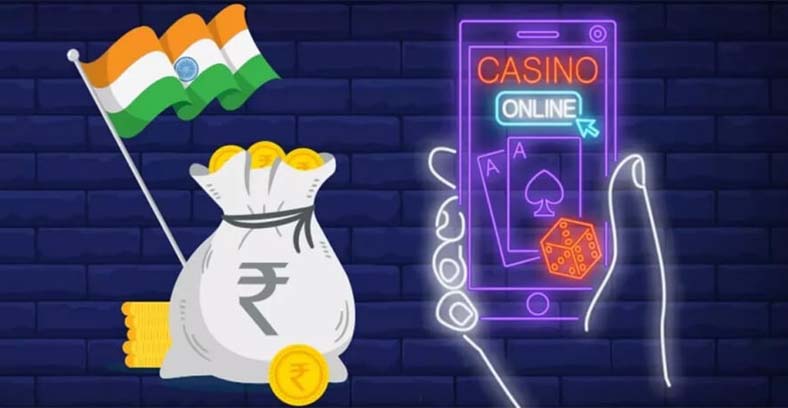India’s online gambling culture is one of the most vibrant anywhere on the globe. The most commonly used for the purpose of betting are sports and video games. Indians’ relationship with betting and casino sites has been well-documented throughout the years, with surges in the global sector. However, when it comes to gambling rules in India, not everything is always going to be straightforward.
In Sikkim, there are two casinos, Casino Sikkim and Casino Mahjong, and in Goa, there are ten casinos, six on land and four in the Mandovi River. Casino Deltin Royale, Casino Deltin JAQK, Casino Pride, and Casino Pride 2 are some of the floating casinos in Goa.
The first two are under the control of the Deltin Group, while the latter two are under the control of the Pride Group. According to the Goa, Daman, and Diu Public Gambling Act of 1976, casinos can only be built in five-star hotels or on offshore vessels with official approval.
As a result, the Indian judiciary must evaluate whether a given game is within the scope of the talent. As a result, the Deltin Group has launched Daman’s first land-based casino, which has already proven to be successful.
According to The Public Gaming Act of 1867, this act prevents gambling in India. You won’t be able to bet on your favourite cricket matches as a result of this. In the news every now and then, you’ll see headlines about the latest group busted for cricket betting. To make things even more confusing, the law distinguishes between skill-based and chance-based games. Gamblers are permitted to wager on skill games in India, but cricket is not one of them.
Where is Gambling Allowed in India?
Sikkim, a state in north-eastern India, is particularly supportive of online gambling legalization. According to the Goa, Daman, and Diu Public Gambling Act of 1976, casinos can only be built in five-star hotels or on offshore vessels with official approval.
But, what exactly is online gambling, and why are an increasing number of Indians turning to this form of gambling? The state’s first casino opened in 2009, and there are a number of state-run lotteries.
There is a gap in the passage that allows for numerous readings. When visiting Goa, you’ll note that the waters are crowded with luxury ships that also serve as floating casinos, such as Casino Daddy and Deltin Royale. So, if you merely fly to Goa within the country, you will be able to play your favourite casino games at the aforementioned casinos.
According to The Public Gaming Act of 1867, this act prevents gambling in India. Some contend that this law covers both online and physical gambling. The Internet, on the other hand, had not yet been invented when the Act was passed.
All reward competitions with a monthly prize pool of more than a thousand rupees are prohibited under the Prize Competition Act. Despite the fact that the Information Technology Act of 2000 permits internet gambling, it does not make it illegal.
What is the Procedure for Gambling on the Internet?
People can play at Indian rupee-accepting online casinos without fear of getting penalised. The most common online banking casino methods are credit cards, debit cards, prepaid cards, and cryptocurrencies. Teen Patti and Rummy, two famous Indian card games, draw a large number of participants.
India currently lacks the necessary legislation to keep up with the extraordinary growth of the internet gaming sector. Despite the fact that most Indian states prohibit internet gambling, no one has ever been prosecuted for using one.
Many industry observers believe India’s online gaming sector will continue to expand, and we totally agree. The only problem is that some Indian states refuse to let go of their past and embrace the present. For example, Andhra Pradesh recently approved an Ordinance stating that the state will never regulate online gambling.
On the good side, a number of other states are considering regulating the online gaming industry. Many more will, in our humble judgement, follow the lead of a single state that dares to take some steps toward regulating the sector.
It’s tough to identify whether a game is a skill or a chance game. There is a gap in the passage that allows for numerous readings. As a result, it is up to the Indian judiciary to decide whether or not a particular game falls within the scope of the talent.
The Future of Online Gambling in India
I hope that you have understood the real reason that the article is created to share the information to you. We do not promote gambling in any way , as this article is made just for the purpose of sharing the information to you.
The purpose of this article is just to share the information, We don’t support you to play casino to earn money.


